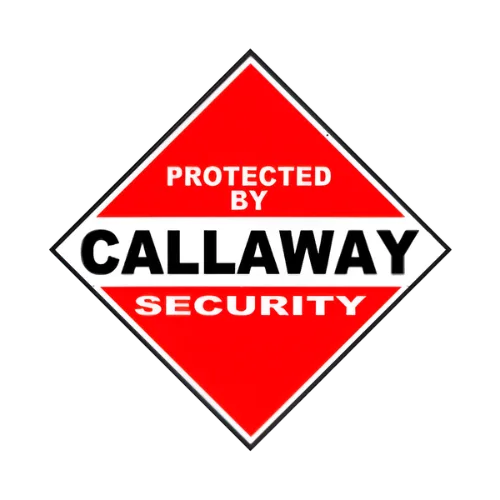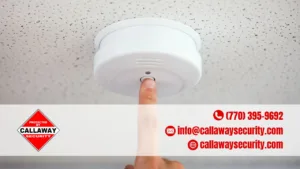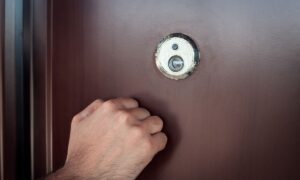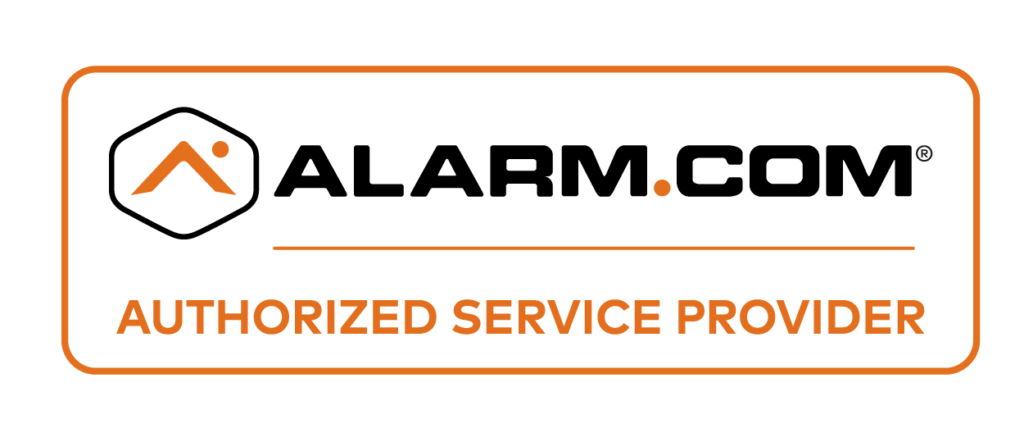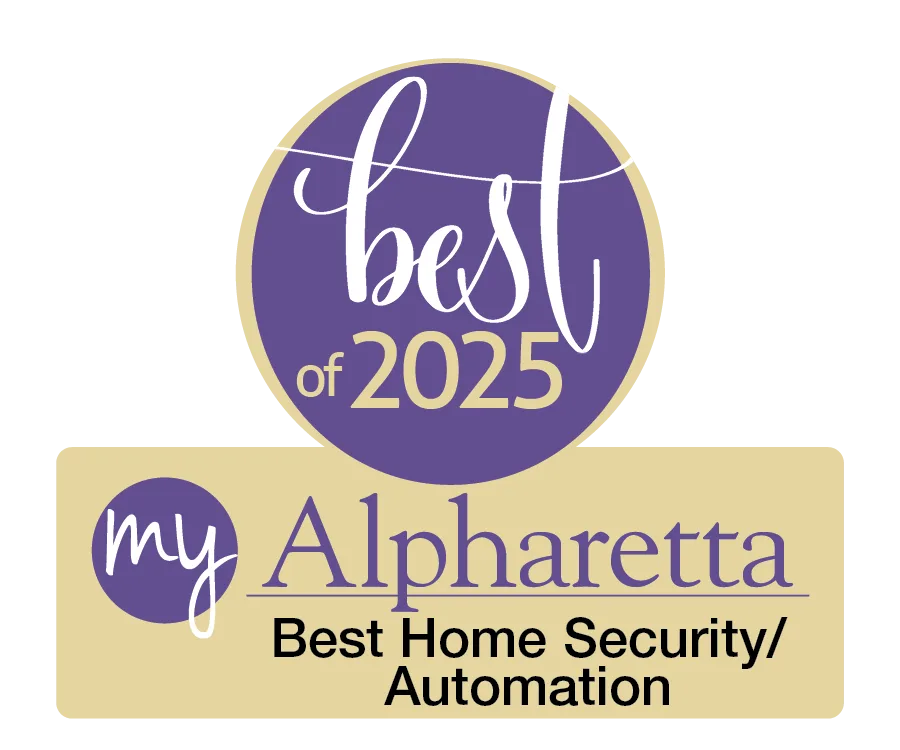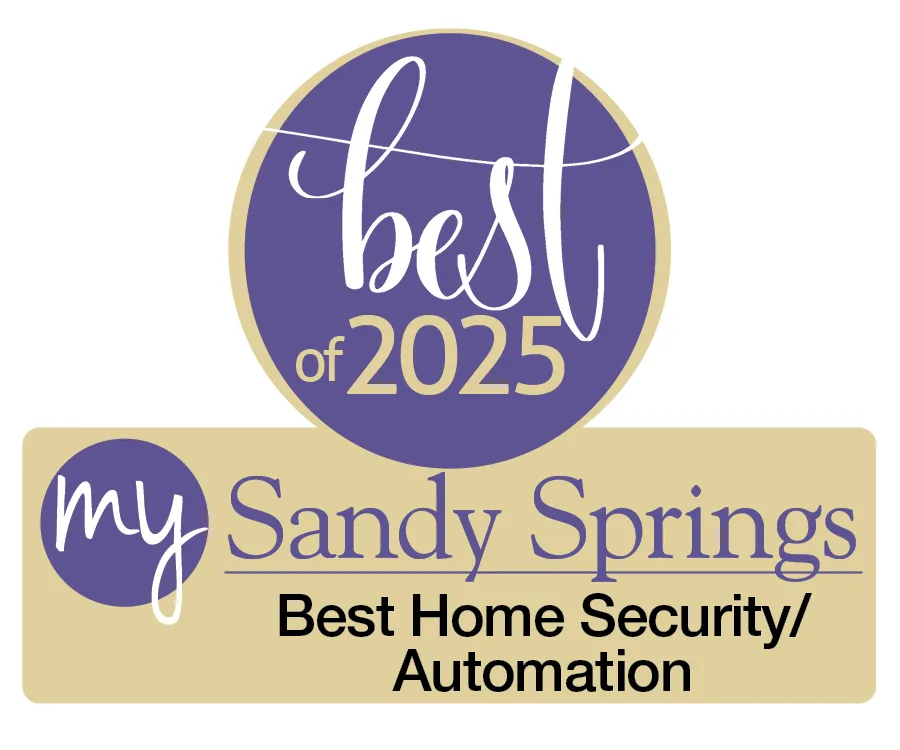Home security problems can range from technical malfunctions to human errors that compromise safety. Issues like insufficient coverage, false alarms, outdated technology, and cybersecurity vulnerabilities pose significant risks to homeowners. Identifying these challenges helps us take proactive measures to secure our homes effectively.
A well-secured home should offer peace of mind, but security systems often have flaws that can make them less reliable. From coverage gaps to compatibility issues, homeowners must stay informed about potential pitfalls. By recognizing these concerns, we can enhance our security systems for maximum effectiveness.
Key Takeaways:
- Insufficient Coverage – Some areas remain unmonitored, leaving vulnerabilities.
- False Alarms – Sensitive sensors or misconfigurations can lead to unnecessary alerts.
- Device Incompatibility – Mixing different brands may cause operational issues.
- Difficult Installation & User Misconfiguration – Complex setups lead to errors in use.
- Lack of Regular Maintenance – Neglected systems may fail at crucial moments.
- Outdated Technology – Older systems lack modern security features.
- Cybersecurity Risks – Weak passwords and outdated software create hacking opportunities.

Common Home Security Issues Explained
Insufficient Coverage: Are You Fully Protected?
One of the most common problems homeowners face is incomplete security coverage. Blind spots in camera placement and unmonitored entry points, such as windows, garages, or backdoors, can provide easy access to intruders. To combat this, a comprehensive security assessment should be conducted to ensure all entry points are secured.
False Alarms: More Than Just an Annoyance
False alarms can cause unnecessary panic and even lead to fines in some communities. They often occur due to overly sensitive sensors, pets triggering motion detectors, or poor installation. To reduce false alarms, adjust sensor sensitivity, properly install detectors, and educate all household members on system operation.
Device Incompatibility: A Security System That Doesn’t Work Together
Many homeowners mix and match security devices from different brands, leading to connectivity and functionality issues. Cameras, alarms, and motion sensors that are not designed to work together may result in delays or failures in detection. Opting for a unified system from a single manufacturer or using compatible third-party devices ensures smooth integration.
Difficult Installation and Misconfiguration: Setting Up for Failure
Setting up a security system isn’t always straightforward. Some systems require complex wiring, professional installation, or specific settings that can be confusing. Misconfigured systems often lead to false alarms or system failures. Following manufacturer guidelines or hiring a professional installer can prevent these issues.
Lack of Regular Maintenance: A Security System That Doesn’t Work When Needed
Neglecting system maintenance can cause security devices to malfunction over time. Common issues include dead batteries, obstructed camera lenses, and outdated firmware. Scheduling regular maintenance checks ensures the system remains fully operational when needed.
Outdated Technology: A Threat in Itself
Older security systems may lack modern features like mobile monitoring, AI-powered detection, and cloud storage. These outdated systems make it easier for intruders to exploit weaknesses. Upgrading to smart security systems with real-time alerts and automation enhances home protection.
Cybersecurity Vulnerabilities: A Digital Backdoor for Criminals
With smart security devices connected to the internet, hackers can exploit weak passwords, unencrypted connections, and outdated firmware to gain access. Strengthening cybersecurity includes using strong passwords, enabling two-factor authentication, and keeping software updated to prevent digital breaches.
Additional Information About Home Security
- Security Cameras with AI Integration – AI-powered cameras can differentiate between humans, animals, and vehicles, reducing false alarms.
- Professional vs. DIY Security Systems – Professionally monitored systems offer 24/7 surveillance, while DIY systems provide cost-effective flexibility.
- Home Automation Integration – Smart locks, lights, and sensors can automate security responses based on real-time threats.
- Emergency Power Backup – A power outage can disable security systems. Backup solutions, like battery packs or solar-powered cameras, keep systems running.
- Neighborhood Security Influence – Living in a secure community with active neighborhood watch programs reduces crime risks.
Frequently Asked Questions (FAQs)
How Can I Prevent False Alarms?
False alarms can be minimized by properly placing motion detectors, adjusting sensitivity settings, and educating household members on system use.
Is a Wired or Wireless Security System Better?
Wired systems offer stable connectivity, while wireless systems provide flexibility and are easier to install. The best choice depends on your home layout and security needs.
How Often Should I Update My Security System?
It’s recommended to update security systems every 3–5 years to keep up with the latest technology and security threats.
What’s the Most Secure Way to Protect My Home Network?
Using a strong, unique password, enabling firewall protection, and regularly updating router firmware can help secure home networks from cyber threats.
Can Smart Home Devices Be Hacked?
Yes, unprotected smart home devices are vulnerable. Using encrypted networks, secure passwords, and two-factor authentication can significantly reduce risks.
Strengthening Your Home Security
Understanding common home security problems helps us take proactive steps to ensure safety. From upgrading outdated systems to enhancing cybersecurity measures, every small improvement contributes to a safer home environment. By staying informed and vigilant, we can make our homes more secure against potential threats.
At Callaway Security™, we make sure your home or office security system is properly functioning all year-round. Give us a call and we will schedule a security system inspection for you. Contact us today!

